4 Tips to Eat Better To Protect Your Memory
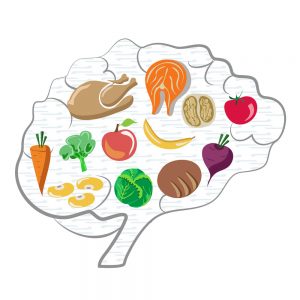 When it comes to aging better, better nutrition is your better weapon because it gives the body the resources it needs while reducing intake of items that irritates and overwhelms. Better nutrition comes from making better not perfect choices more often. So what are those and how can you enjoy them – after all, with age we’ve earned enjoyment, right?!
When it comes to aging better, better nutrition is your better weapon because it gives the body the resources it needs while reducing intake of items that irritates and overwhelms. Better nutrition comes from making better not perfect choices more often. So what are those and how can you enjoy them – after all, with age we’ve earned enjoyment, right?!
Did you know that adults (~60-85) with dementia who had more frequent intake of persistent pesticides had worsening cognitive function?[1] It makes sense – both for those with dementia and those seeking to avoid it – as these pesticides irritate, overwhelm and disrupt the body from efficient and effective work, daily. Overtime, eating foods or applying products that contain these pesticides or pesticide residues impact the body’s ability to function better. Thus, there is real value in assessing your diet, supplements, and skincare to see how you do on one of the core 4 principles of better nutrition: quality.
Years ago, I became a Qualitarian and according to research, aging adults should too! Being a Qualitarian means that you focus as much on the quality of what goes in and on your body most often as you do on the other nutrient factors as well as on the source. Here are a few key tips to help you improve the quality of your intake more often.
1. There’s No Perfect Nutrition
But there is better nutrition and it comes from making better not perfect choices more often. That means that you do not need every choice to be organic, but your top foods, supplements, and skincare should ideally be organic more often.
2. Whole Is Better Than Pieces & Parts
Today there are a lot of ways to get in nutrients but not all of them deliver better nutrition. For example:
- Packaged foods that are made of refined ingredients – pieces and parts like “flour” “protein isolate” “Nonfat” or “syrup” – that then have fortifications like minerals, vitamins, and probiotics present nutrients but not in the form or balance of nutrient found in whole, minimally processed foods.
- Packaged foods that have whole foods but also have added nutrients – those added nutrients are less likely to be in a form found in food, or presented in balance with other nutrients the way they would be in food.
3. Some Assembly Required
Let’s be real, we often need nutrition fast, but this doesn’t mean compromising on the nutrition quality. By assembling ingredients – like spreading almond butter on a pear, or popped corn onto which you add olive oil, a pinch of sea salt and toss in a serving of hemp seeds – rather than purchasing a ready to eat item like a fruit and nut bar or flavored pre-popped or microwave popcorn – you get better nutrient balance, can monitor quantity better, and can make your choices full of better quality nutrients from whole foods.
 4. Get Enough Coq10
4. Get Enough Coq10
Read about this nutrient that is critical to healthy aging, including brain health and memory.
Want help making better not perfect choices more often to support healthy aging? Join The Better Nutrition Membership and get real support (from me) and unlimited access to exclusive members only content including tools to help you assess your current nutrition, keep what’s already working, and better tools to help you act better not perfect more often.
Originally printed on ashleykoffapproved.com. Reprinted with permission.
Ashley Koff RD is your better health enabler. For decades, Koff has helped thousands get and keep better health by learning to make their better not perfect nutrition choices more often. A go-to nutrition expert for the country’s leading doctors, media, companies and non-profit organizations, Koff regularly shares her Better Nutrition message with millions on national and local television, magazines and newspapers. Visit her website at ashleykoffapproved.com.
[1] http://www.sciencedirect.com/science/article/pii/S0160412014003250


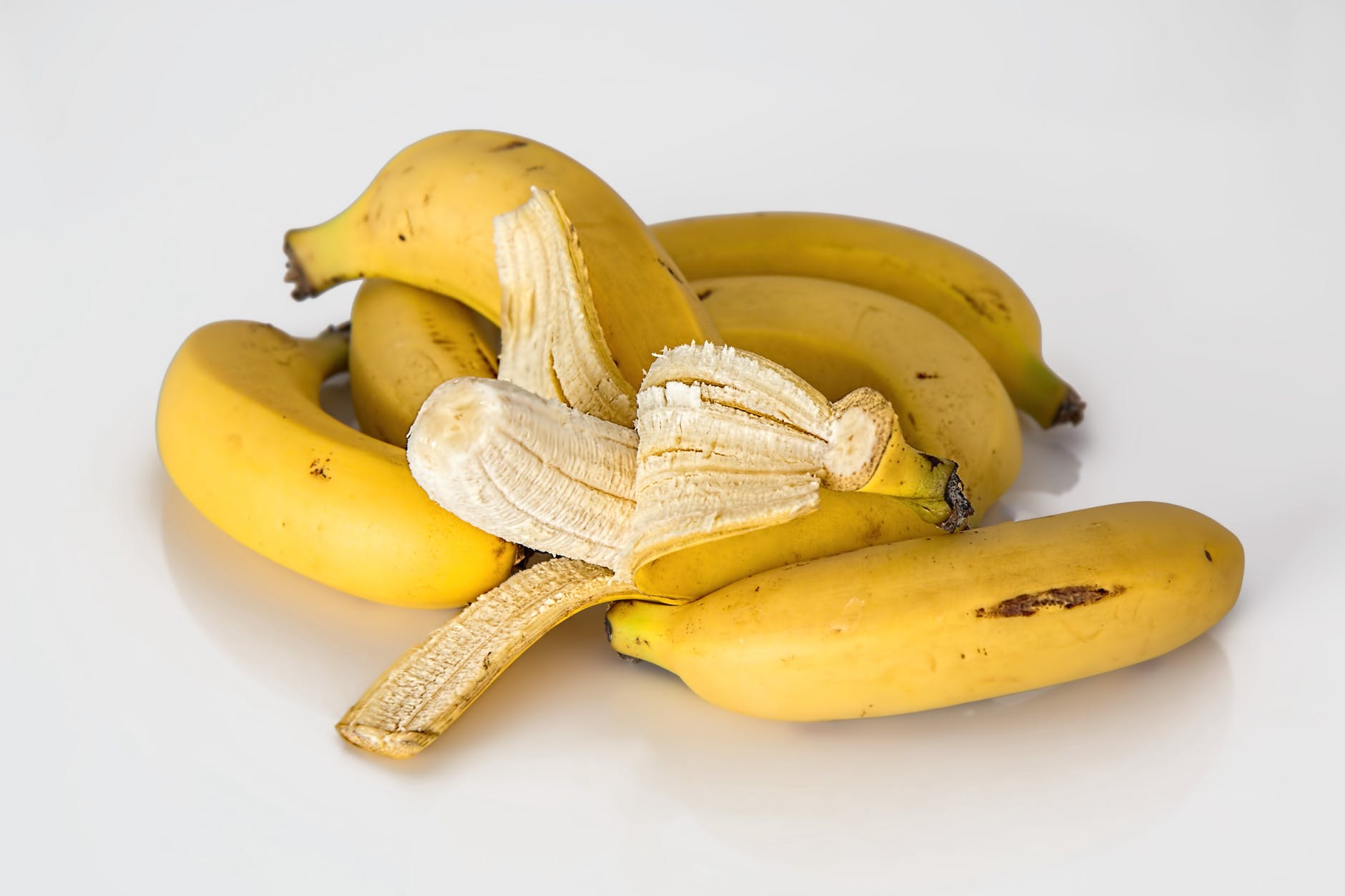
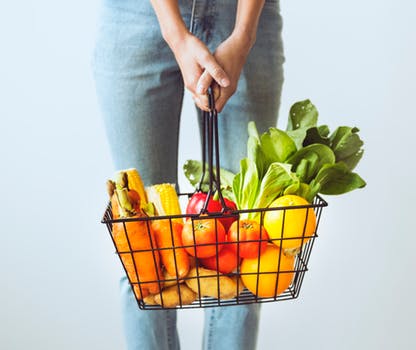
 Choose products with fewer (less than 5) ingredients.
Choose products with fewer (less than 5) ingredients.

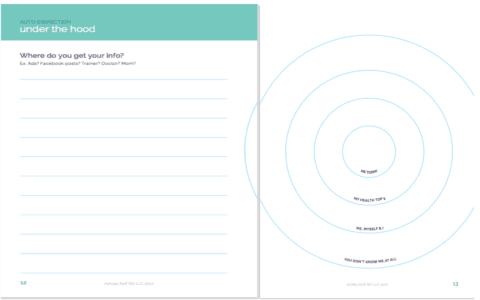
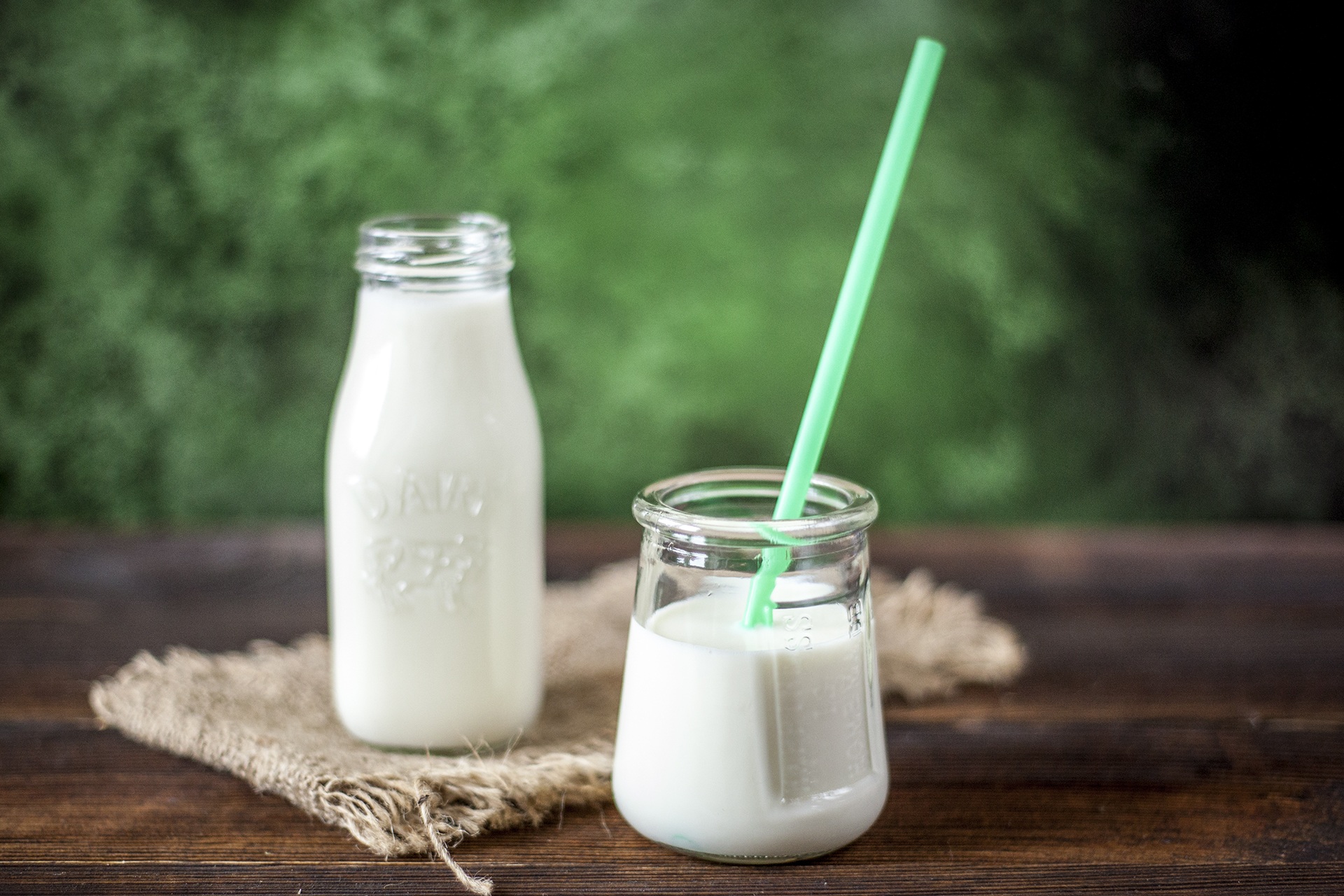

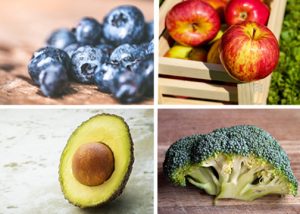 We have no working definition of “healthy” eating in this country.
We have no working definition of “healthy” eating in this country.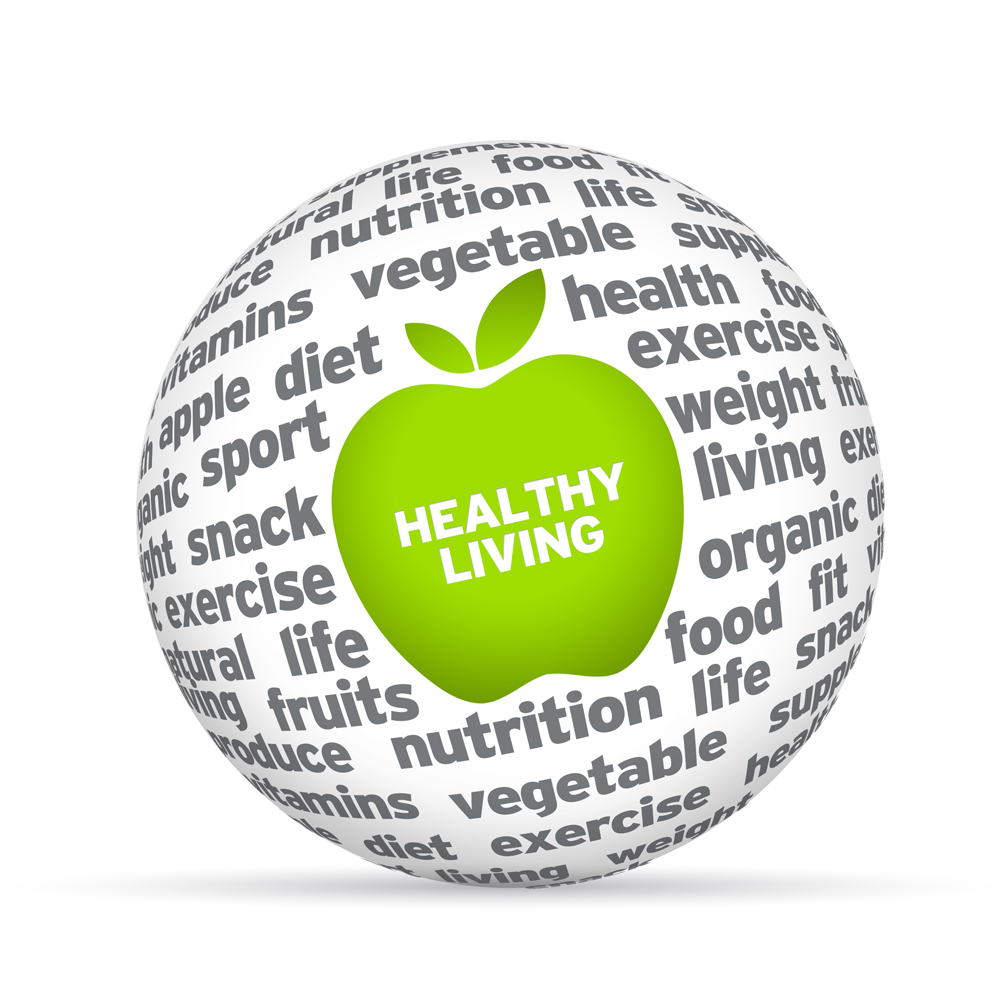
 Nourish All Your Systems, Together: The whole body needs better nutrition but we don’t need different nutrition for better health nor for healthy aging. The good news is that key nutrients support the whole body’s total health. So when you consume probiotics, yes you are helping support a healthy digestive system but that also supports immune health which reduces overall stress and enables better heart health and brain health and so on. Same goes for a daily dose of broccoli’s glucoraphanin which enables detoxification, which removes unwanted toxins, which makes it easier for the body to do its daily tasks, which supports healthy skin, immune health and so on.
Nourish All Your Systems, Together: The whole body needs better nutrition but we don’t need different nutrition for better health nor for healthy aging. The good news is that key nutrients support the whole body’s total health. So when you consume probiotics, yes you are helping support a healthy digestive system but that also supports immune health which reduces overall stress and enables better heart health and brain health and so on. Same goes for a daily dose of broccoli’s glucoraphanin which enables detoxification, which removes unwanted toxins, which makes it easier for the body to do its daily tasks, which supports healthy skin, immune health and so on.
 There’s no shortage of marketing messages about what’s best for heart health and some of it is well, just plain wrong. Here’s my top 5 offenders – don’t believe their hype, choose my real deals instead.
There’s no shortage of marketing messages about what’s best for heart health and some of it is well, just plain wrong. Here’s my top 5 offenders – don’t believe their hype, choose my real deals instead.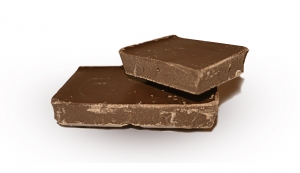 for heart health that you think – artificial dyes and chemistry lab corn syrup are not the basis of a lasting love affair. AKA better: choose a little heart-healthy organic dark chocolate (that’s >65%) and if you do want candy try authentic sweets – organic, free of artificial dyes etc – like those from our friends at
for heart health that you think – artificial dyes and chemistry lab corn syrup are not the basis of a lasting love affair. AKA better: choose a little heart-healthy organic dark chocolate (that’s >65%) and if you do want candy try authentic sweets – organic, free of artificial dyes etc – like those from our friends at